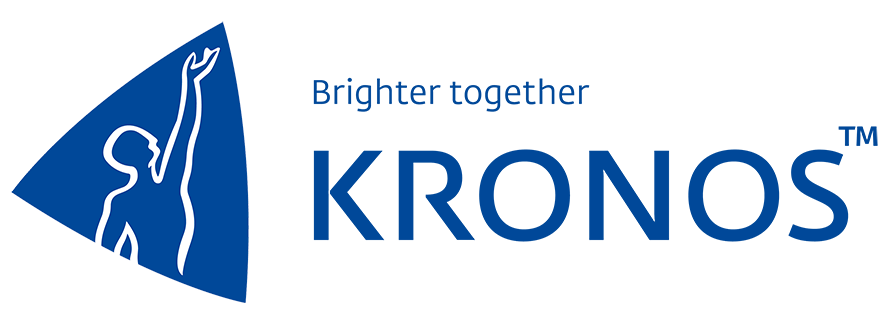Closing the Books Tasks Checklist
Completes monthly financial cycle by executing tasks necessary to close company accounts. Includes reconciliations, account analysis, and documentation of year-end activities. Ensures accuracy and compliance with regulatory requirements.
General Information
FAQ
How can I integrate this Checklist into my business?
You have 2 options:
1. Download the Checklist as PDF for Free and share it with your team for completion.
2. Use the Checklist directly within the Mobile2b Platform to optimize your business processes.
How many ready-to-use Checklist do you offer?
We have a collection of over 5,000 ready-to-use fully customizable Checklists, available with a single click.
What is the cost of using this Checklist on your platform?
Pricing is based on how often you use the Checklist each month.
For detailed information, please visit our pricing page.
What is Closing the Books Tasks Checklist?
A comprehensive checklist of tasks to be performed when closing financial books, typically at the end of an accounting period. This includes:
- Reviewing and reconciling all accounts
- Verifying accuracy of journal entries and transactions
- Confirming completion of year-end or period-end procedures
- Identifying and resolving any discrepancies or errors
- Obtaining approvals for financial statements and reports
- Ensuring compliance with relevant laws, regulations, and accounting standards
How can implementing a Closing the Books Tasks Checklist benefit my organization?
Implementing a Closing the Books Tasks Checklist can benefit your organization in several ways:
- Reduces errors and inaccuracies by ensuring all necessary tasks are completed before closing the books
- Saves time and increases efficiency by streamlining the process and reducing the need for manual checks and verification
- Enhances compliance with accounting standards and regulations by providing a clear and comprehensive checklist of required tasks
- Improves transparency and accountability by documenting all tasks and activities related to closing the books
- Facilitates more effective planning and budgeting by enabling management to make informed decisions based on accurate and up-to-date financial information
- Reduces stress and anxiety for finance teams by providing a clear roadmap for completing closing tasks, minimizing last-minute scrambles and deadline pressures.
What are the key components of the Closing the Books Tasks Checklist?
The key components of the Closing the Books Tasks Checklist typically include:
- Completing all journal entries and posting to general ledger
- Reconciling all bank statements and correcting any discrepancies
- Verifying accuracy of accounts payable and accounts receivable
- Confirming completeness of payroll processing for the period
- Ensuring all necessary year-end accruals have been recorded
- Performing account analysis for key financial metrics
- Reviewing and ensuring compliance with all relevant accounting policies and procedures
- Obtaining and reviewing management's representation letter
- Preparing and distributing financial statements to stakeholders.
Balance Sheet Tasks
Accounts Payable and Receivable Tasks
Journal Entries Tasks
Financial Statement Tasks
Sign-Off Tasks
Expense Reduction
 34%
34% Development Speed
 87%
87% Team Productivity
 48%
48% Generate your Checklist with the help of AI
Type the name of the Checklist you need and leave the rest to us.
 Made in Germany
Made in Germany Fair Pricing Policy
Fair Pricing Policy



























 Certified Security and Data Protection
Certified Security and Data Protection Active Support and Customer success
Active Support and Customer success Flexible and Fully customizable
Flexible and Fully customizable